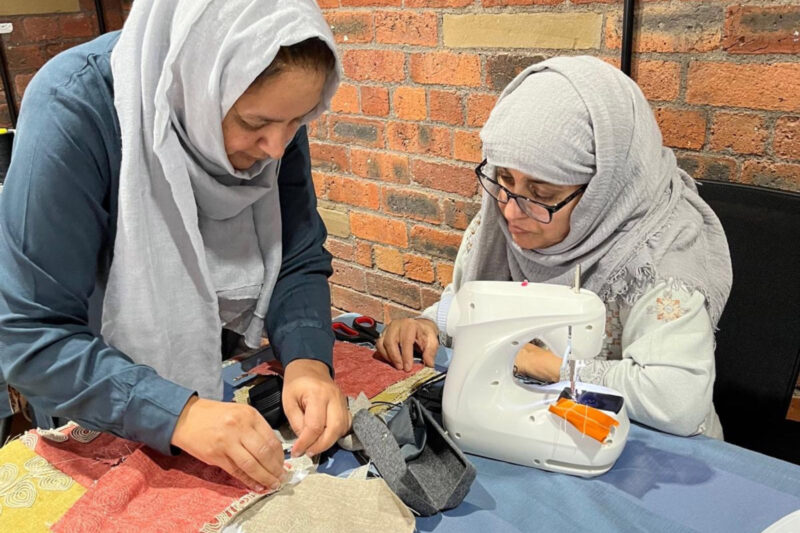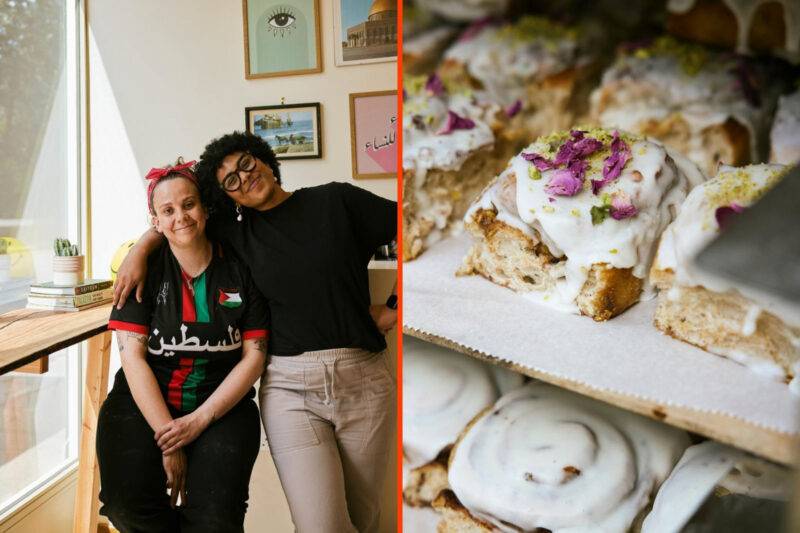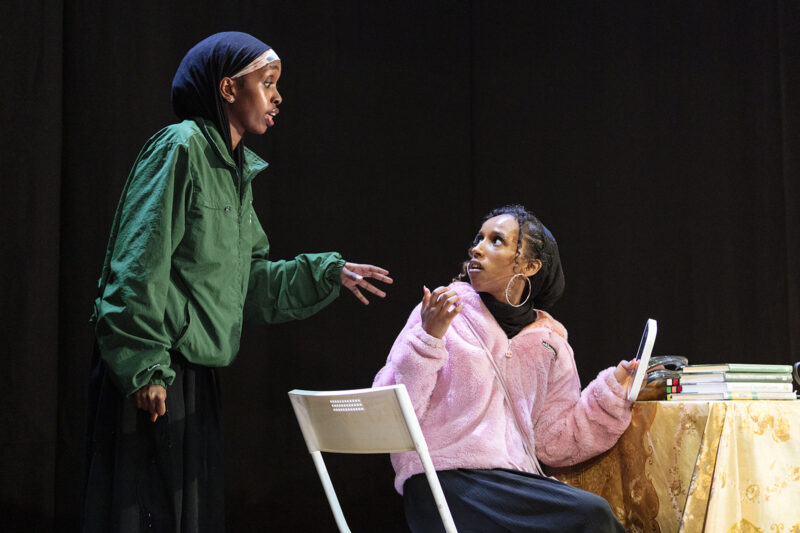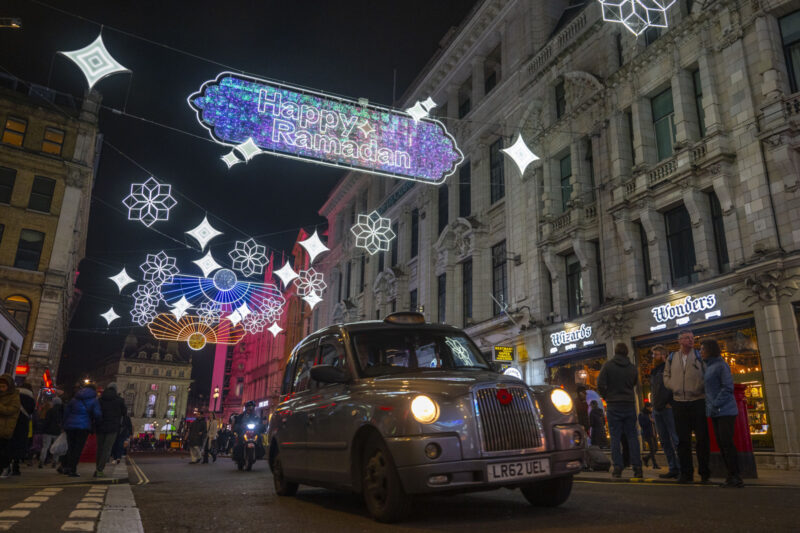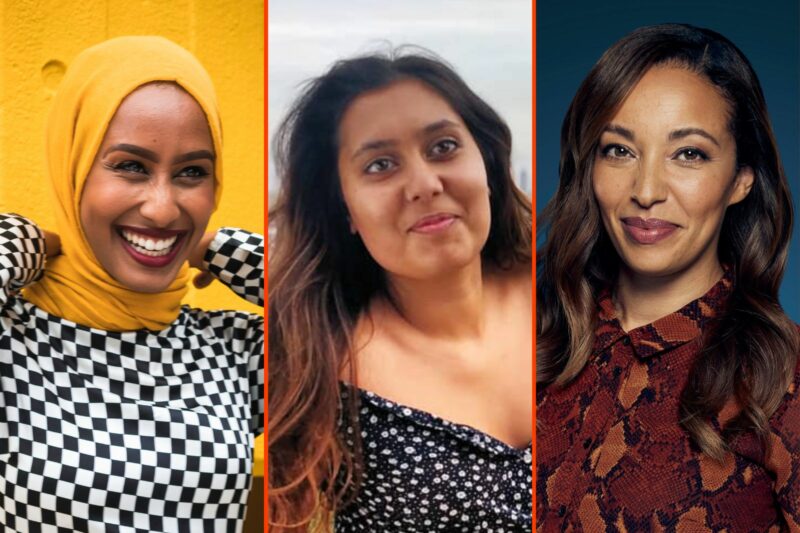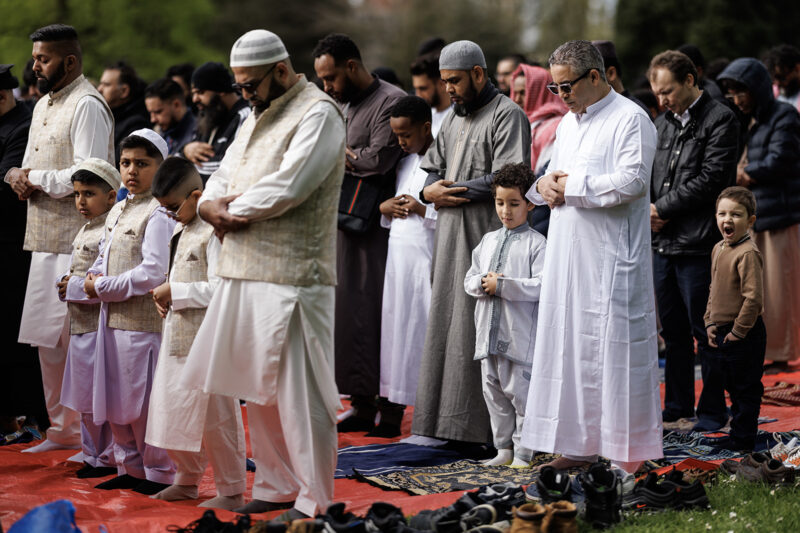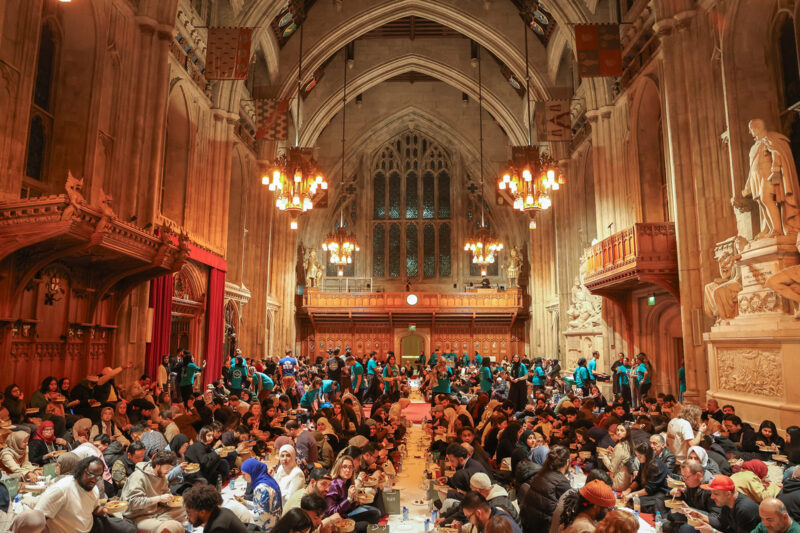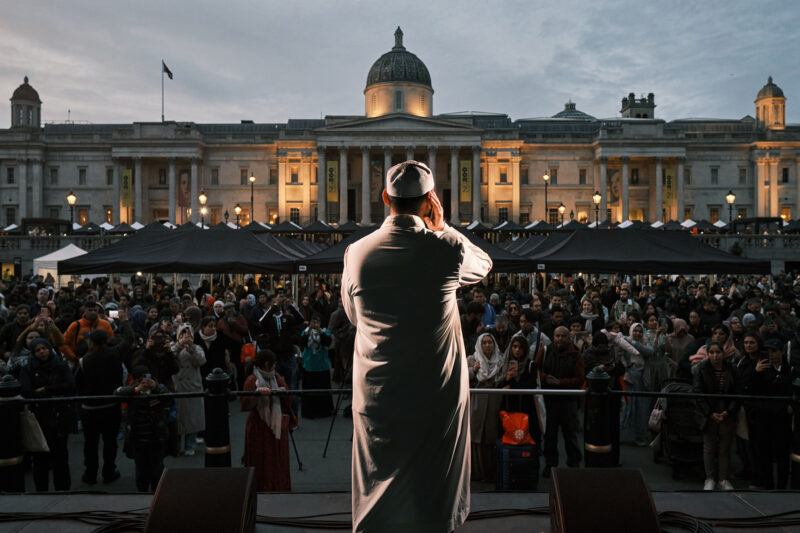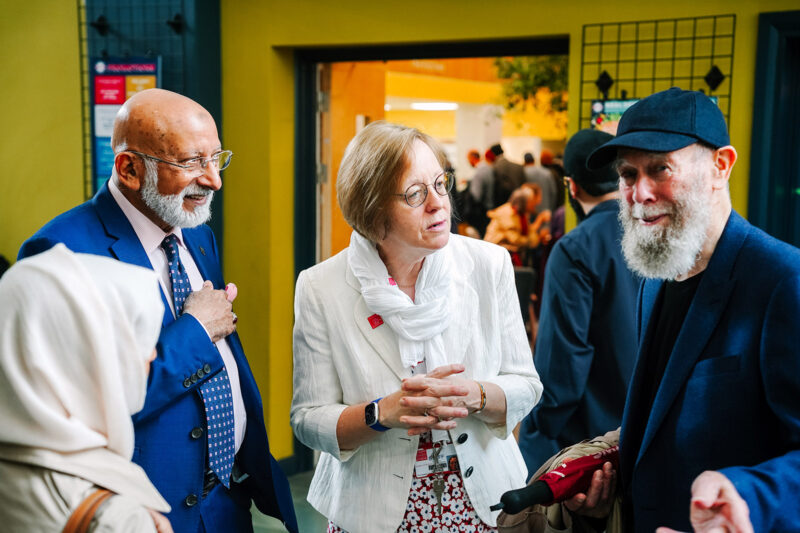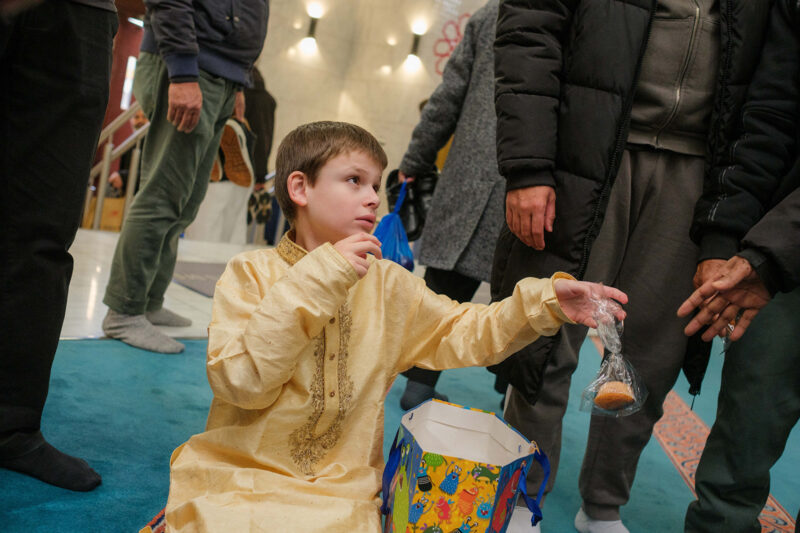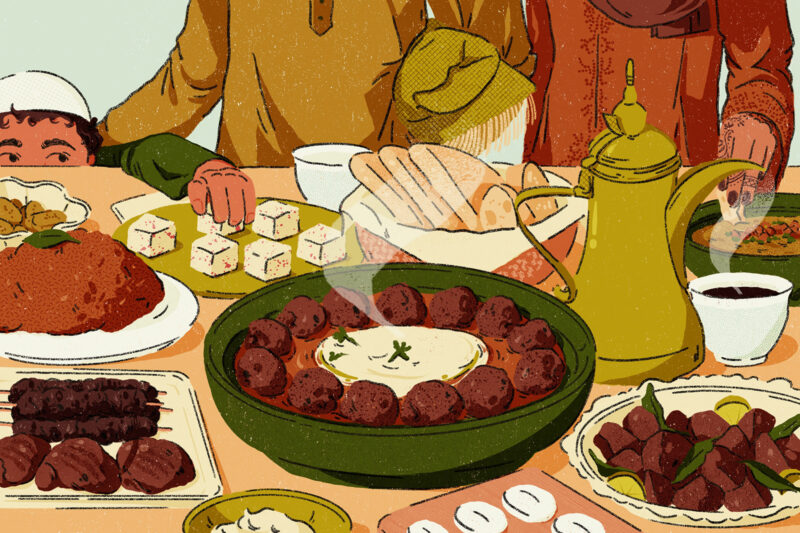‘It’s about being human’: Muslim women redefining chaplaincy in Britain
Chaplains offering pastoral care and support in both the public and corporate world are changing what religious leadership looks like
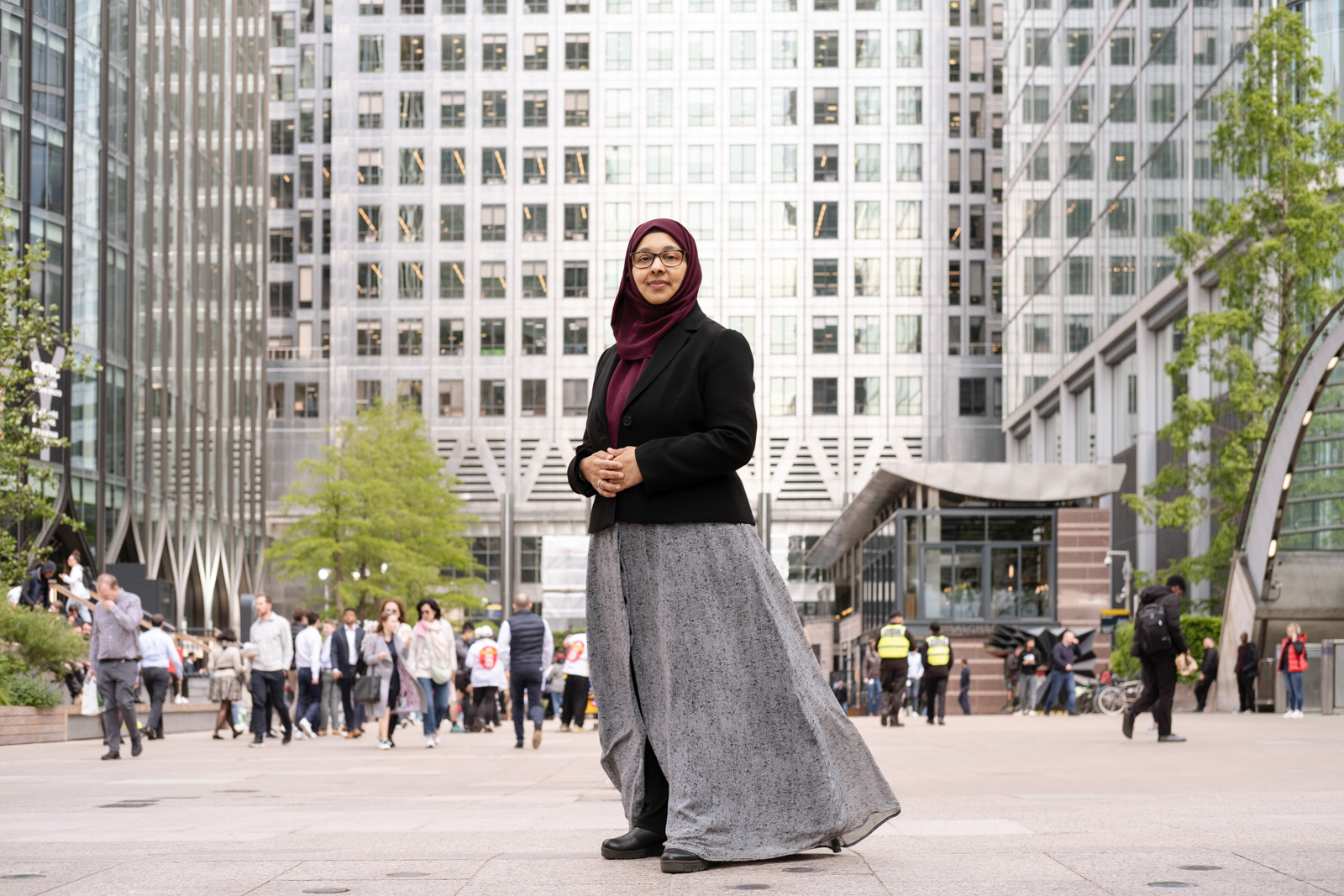
On a brisk Tuesday morning in London’s Canary Wharf, suited professionals spill out of sleek elevators, coffee in one hand, security pass in the other. In a world of profit margins and fast-moving markets, few notice Saleha Islam as she makes her way to her own steel-and-glass office high above the streets below.
Islam has a packed schedule: a workshop at one of the big banks, a one-to-one with a grieving employee, several pastoral meetings across multiple companies. But her “clients” aren’t executives seeking financial advice — they’re everyday people struggling with the realities of life: job loss, burnout, divorce, bereavement. They seek out Islam for something rare in corporate Britain: spiritual care.
“People are surprised. They hear ‘chaplain’ and imagine a white, male vicar,” she says, smiling. “Then they see me.”
Chaplains work across hospitals, universities and prisons, some employed by the institutions and others as volunteers. Islam’s work for the Canary Wharf Multifaith Chaplaincy is atypical, her presence in a hyper-secular, hyper-capitalist setting quietly revolutionary. There are no hospital beds, no campus protests. Instead, there are hundreds of companies, 120,000 workers, each carrying unseen burdens.
“Faith isn’t always part of the conversation,” she says. “But presence always is.”
Traditionally, spiritual authority in Islam has been dominated by male scholars, especially within the mosque. But chaplaincy — non-pulpit, pastoral, often interfaith — offers a more fluid path. Those like Islam are now reshaping what religious leadership looks like, one that values compassion and presence as much as knowledge and preaching.
“Chaplaincy gives Muslim women a rare chance to lead without needing to justify their leadership,” explains professor Sophie Gilliat-Ray, co-author of Understanding Muslim Chaplaincy and director at the Centre for the Study of Islam in the UK at Cardiff University. “They are not delivering Friday sermons. They are sitting with grief, praying with the sick, supporting the anxious. This is religious leadership in deeply human form.”
Through her research, Gilliat-Ray highlights that chaplaincy has become one of the few institutional spaces where Muslim women can serve publicly as spiritual figures — an opportunity both empowering and, at times, quietly subversive.
Gilliat-Ray describes the rise of women in these roles as “embodied chaplaincy”, where their presence in these positions becomes a theological act in itself.
“It unsettles assumptions,” she says. “It shows that care can be just as powerful as command.”
At London’s Whipps Cross Hospital, Ruquyya Vankad moves between rooms with a calmness forged through hard experience. A qualified alimah in her Waltham Forest community, she entered hospital chaplaincy during the brutal early days of Covid-19 and today serves as deputy lead chaplain across the Barts NHS Trust.
“I meet people in their deepest moments,” she says. “Offering pastoral, spiritual and religious care.”
For Vankad, her Islamic faith reinforces her pastoral approach. “In Islam, there’s no hierarchy between hurting hearts and their Creator,” she explains. “When someone dies, there’s no emphasis on me being a woman, or even being Muslim to those around me. They just know I will comfort and support them with dignity.”
On any given day, Vankad might support grieving families or staff overwhelmed by the emotional toll of healthcare, or help facilitate multi-faith rituals for patients near death.
“Some days I deal more with staff than patients,” she says. “Doctors, midwives, nurses — they come to me not for theology, but for a listening ear after hard losses.”
Recently, a young midwife approached her, devastated after one of her patients had a stillbirth. “All she needed was reassurance that she had done everything she could,” says Vankad. “Being a chaplain is sometimes just being the one to say: ‘Are you okay? That was a hard one, but you did your best.’”
Even the sound of the Qur’an playing through a small speaker can open new forms of connection. “I’ve had non-Muslims overhear the Qur’an quietly playing and tell me, ‘That was so beautiful, so comforting — could I listen too?’”
Chaplains work at the crossroads between health and illness, loss and recovery, certainty and doubt. For Muslim women, they also have to navigate both spiritual vulnerability and the external gaze.
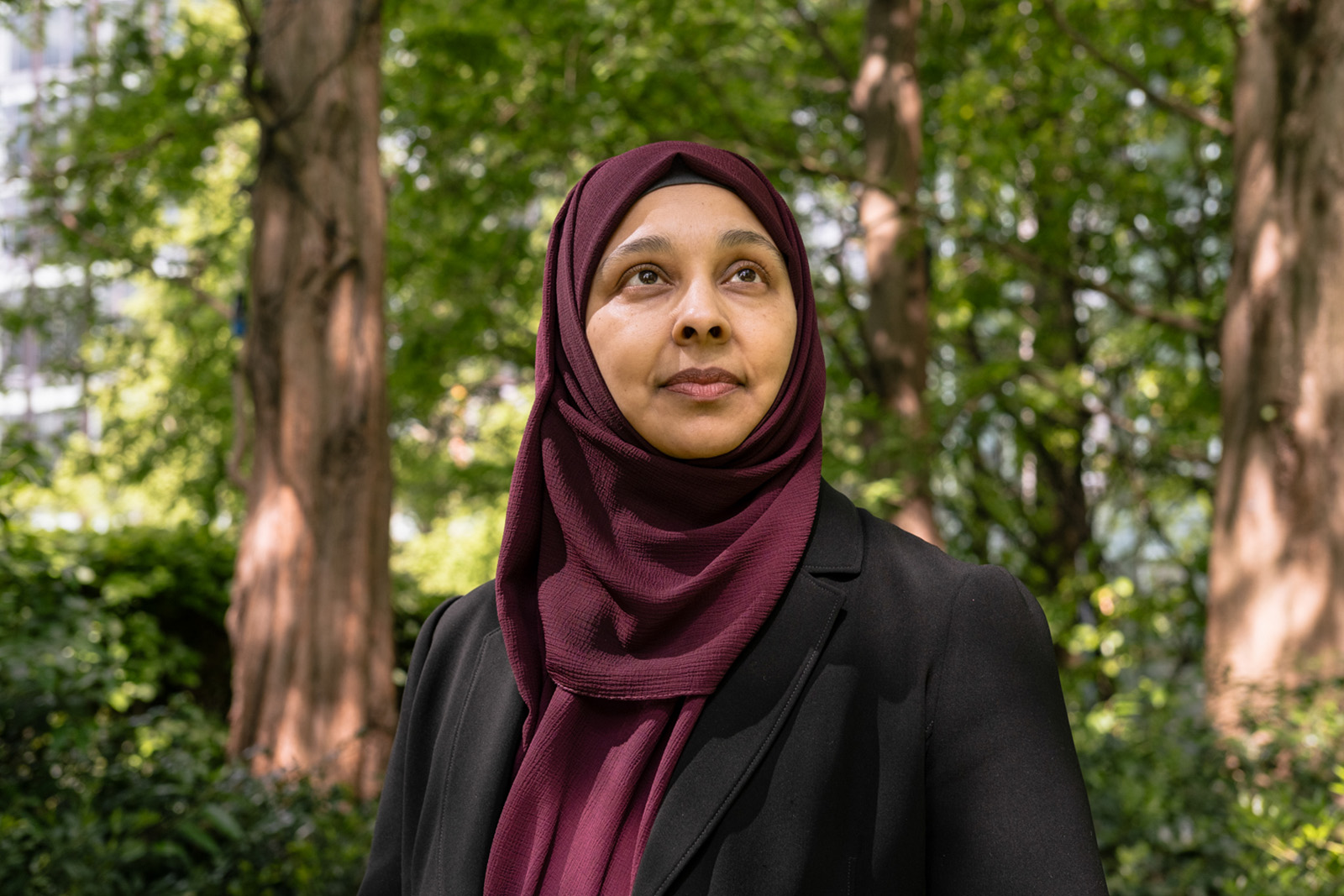
“My scarf speaks before I do,” Islam says. “But that’s part of the ministry too.” As representatives of the Abrahamic faiths, Islam and her co-workers all dress in traditional attire respective of their religions.
“Muslim women chaplains often find themselves explaining Islam to institutions and institutions to Muslims,” notes Gilliat-Ray. “They are cultural translators as much as spiritual ones.”
Within healthcare and corporate spaces, their presence prompts subtle but profound shifts: the introduction of multi-faith prayer rooms, gender-sensitive bereavement policies, culturally specific mental health support.
Still, progress is uneven. While in places like Canary Wharf, chaplains are well-supported, mentored and resourced, some other chaplains in the public sector work in relative isolation, underfunded and with little formal mentorship. Yet the women persist because of the sacredness of the work itself.
“Faith teaches you life is what matters,” Islam says. “Chaplaincy isn’t about imposing beliefs. It’s about being human with another human being.”
One afternoon, Islam met a woman returning to work after a devastating family tragedy: a loved one who died by suicide. The woman, who came from a Christian background, initially sought general support, but after several meetings Islam suggested connecting her with a Christian chaplain.
“She said she was really happy with me. It was a powerful reminder that care goes beyond faith labels,” Islam says.
Their conversations continued, not as Muslim and Christian, but simply as two human beings navigating sorrow and resilience.
“This is chaplaincy,” she adds. “It’s not about being a scholar. It’s about being human.”
 Newsletter
Newsletter

